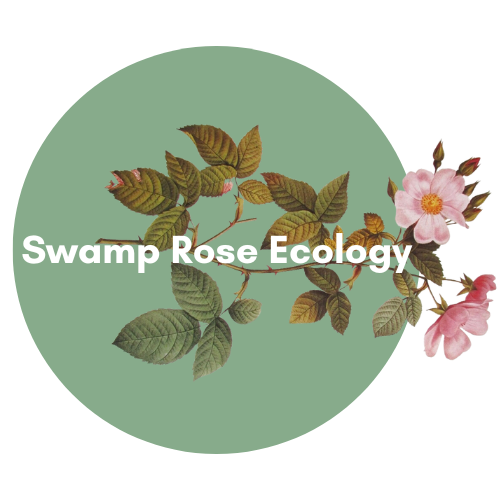Active Research Projects

Novel selection strategies to bolster climate resilience in restoration planting stock
In a study that integrates principles from genetics and genomics, botany and climate science, one of our researchers and his colleagues at Portland State University are exploring how to increase the climate resilience of native plants.
Methods to encourage the rapid adaptation of heat- and drought-resistant native plants have already been implemented in the Pacific Northwest, primarily through assisted migration (AM). AM is unfortunately fraught with risk due to the complexity of natural systems - it is not adequate to source simply from populations found in drier or warmer climates. There are 17 bioclimatic variables linked to plant fitness beyond mean annual temperature and mean annual precipitation; conditions like the range and regularity of climatic events can be just as critical for the survival of a population. Assisted gene flow (AGF) can eliminate the hazards associated with AM by admixing genetic material from populations with desired traits. Our work focuses on crossing cold-hardy local grasses (Elymus elymoides, Poa secunda and Pseudoroegneria spicata) from eastern Oregon with the same species from more arid habitat in Nevada, then evaluating fitness of said crosses through genomic and phenotypic analyses. Autogamy Selection (AS) scenarios, through which selfing plants amplify beneficial mutations during somatic cell division along the apical meristem of a single plant, are also being tested alongside and in combination with AGF treatments.
While Dan Krumm’s AGF research started as a Swamp Rose project, it has evolved into a PhD dissertation currently being carried out at Cruzan Lab in the Biology Department at Portland State University. To learn more about Dan’s study and other plant evolution research at Cruzan Lab, visit their current research page

Pacific water shrew (Sorex bendirii) monitoring efforts
In July 2023, Swamp Rose Ecology commenced surveys for the likely nearly extinct Pacific water shrew (Sorex bendirii) in Northwest Oregon and Southwest Washington.
Listed as a federally endangered species in Canada and imperiled to critically imperiled in British Columbia, very little research has been conducted on the status of this species in the United States. Past population monitoring attempts have indicated that they make up less than 1% of small mammals present in the region, and as far as we are aware they have not been surveyed for in Oregon or Washington in decades. Virtually all specimens found in museum collections were collected before 1950 when they were believed to have been more abundant.
Monitoring methods are affordable and could be easily carried out by citizen scientists. Pacific water shrew presence at a site can be determined using a hair tube made only of PVC pipe, tape, and another adhesive that costs roughly $1 to construct. The tubes are baited with grubs, and when the animal enters the tube to reach the bait they leave hair on adhesive that is affixed to the inside of the tube. The animal continues about its business unharmed and its hair strands can then be used to identify any species that has passed through the tube.
S. bendirii itself is a fascinating animal, which is able to walk on top of water for up to five seconds because of specialized air pockets present in its fur. They also blow bubbles into the water column that they then suck back inside in order to smell their prey underwater! Ecologically, they play an important role in the exchange of nutrients between aquatic and terrestrial systems. From a conservation standpoint, if S. bendirii populations are as low as preliminary studies have suggested, they could be used as an “umbrella species” that provides additional protections for the wetland ecosystems that the shrews live in through a special conservation designation.
Swamp Rose is currently offering free seminars to educate the public about Pacific water shrews and to explain how citizen scientists can help monitor local populations. If your organization would like to participate in shrew surveys or schedule an in-person seminar or webinar on shrew conservation, contact Dan Krumm using the information provided below.


